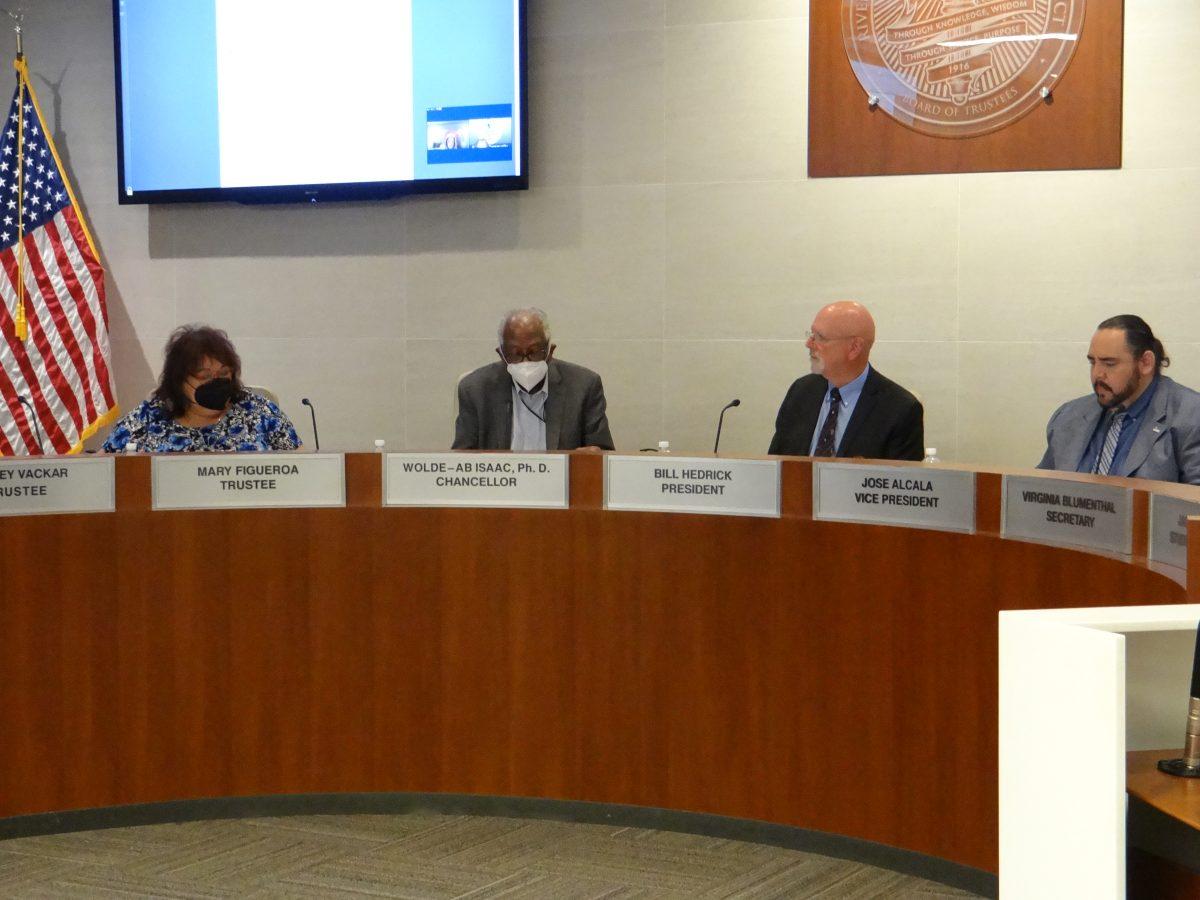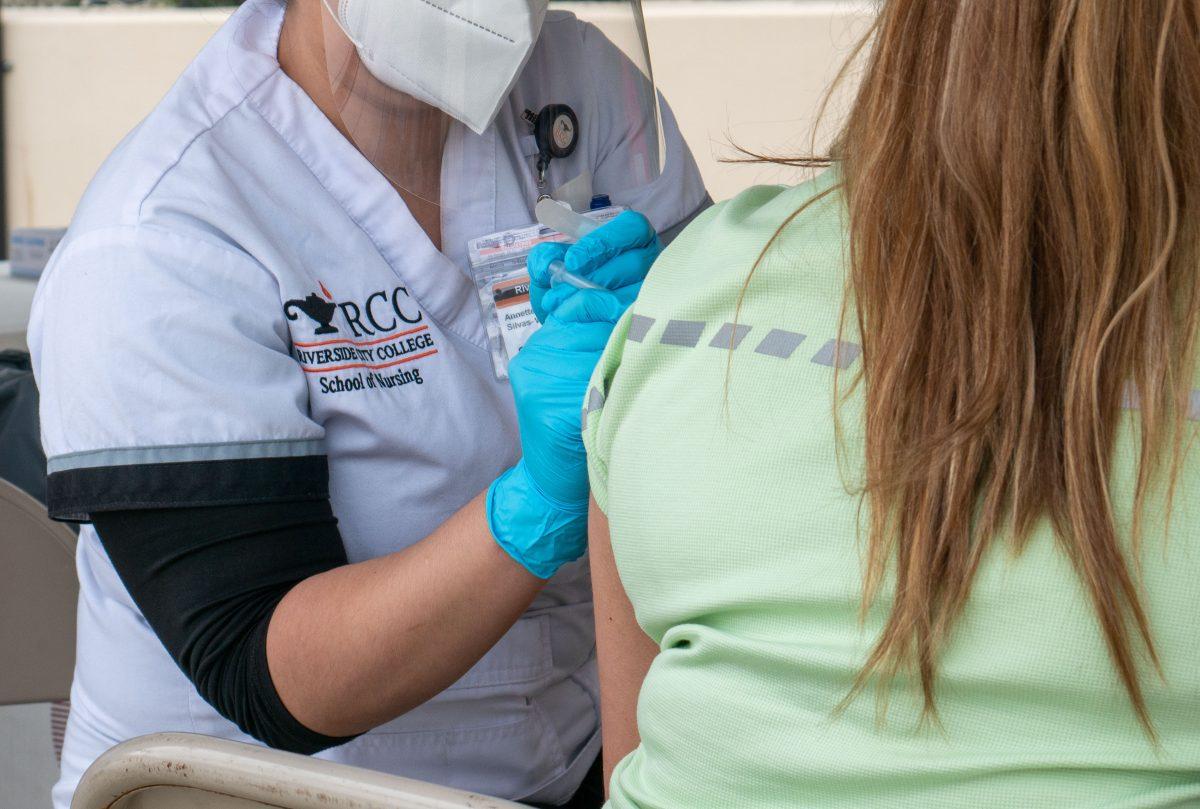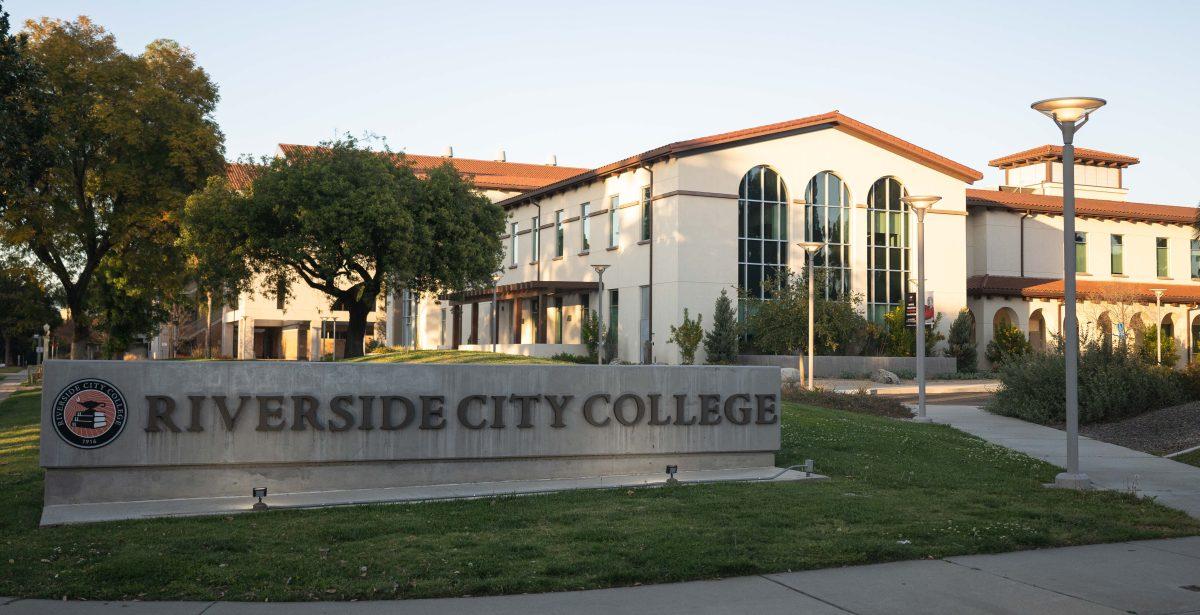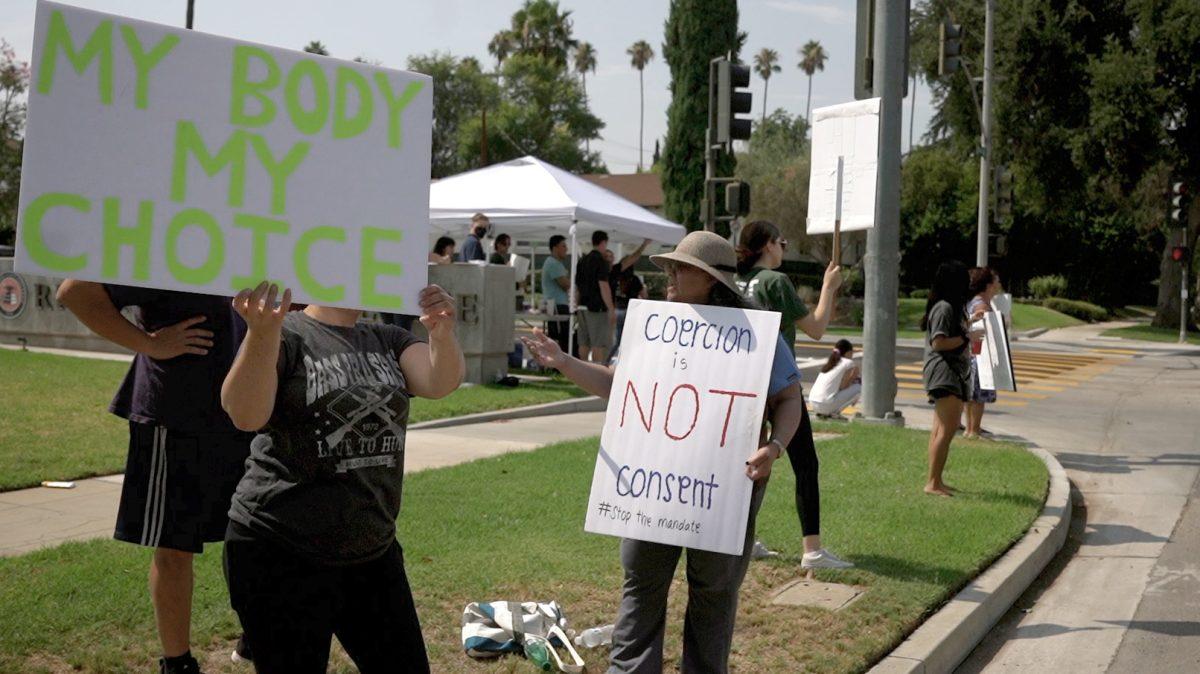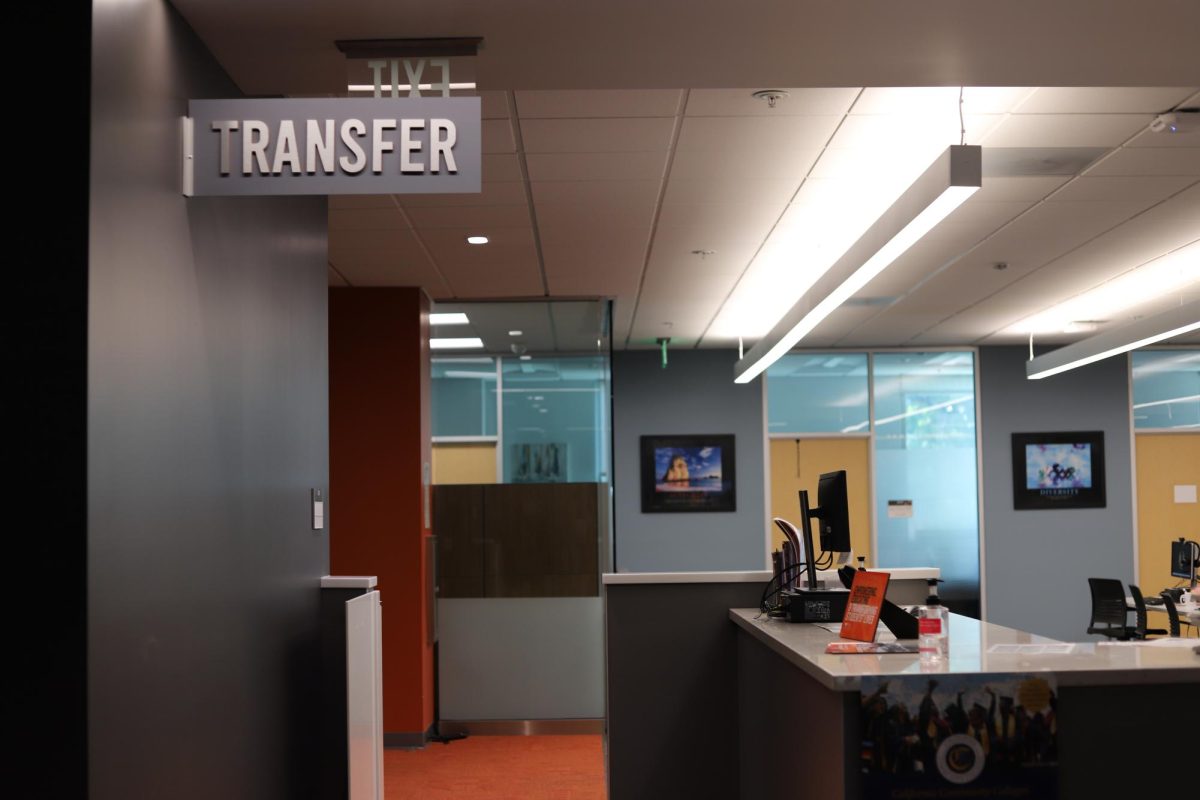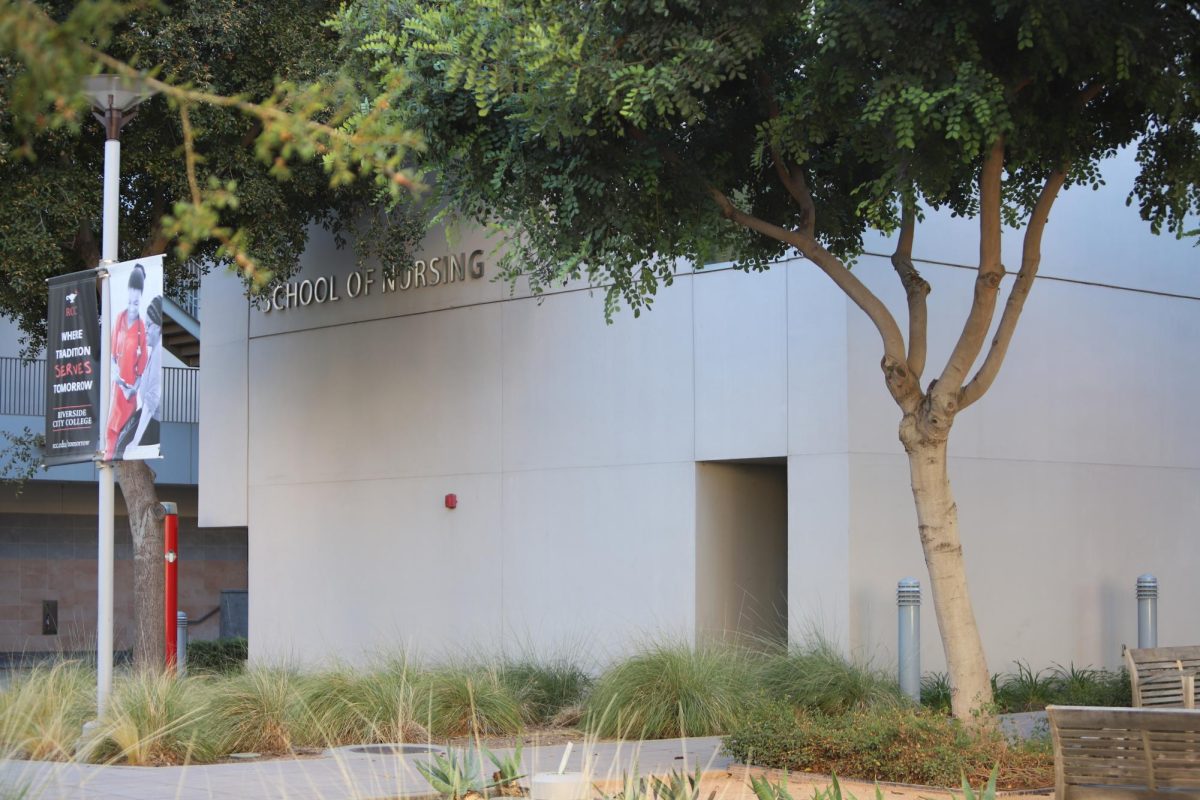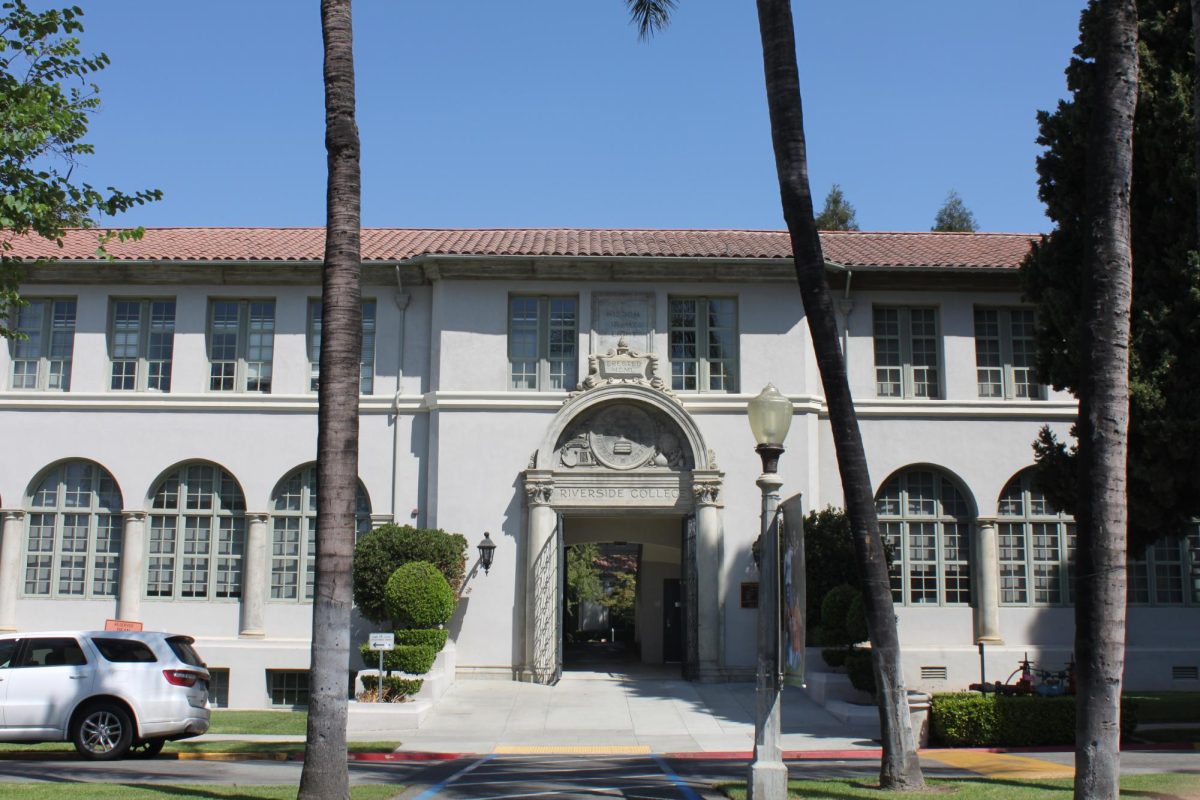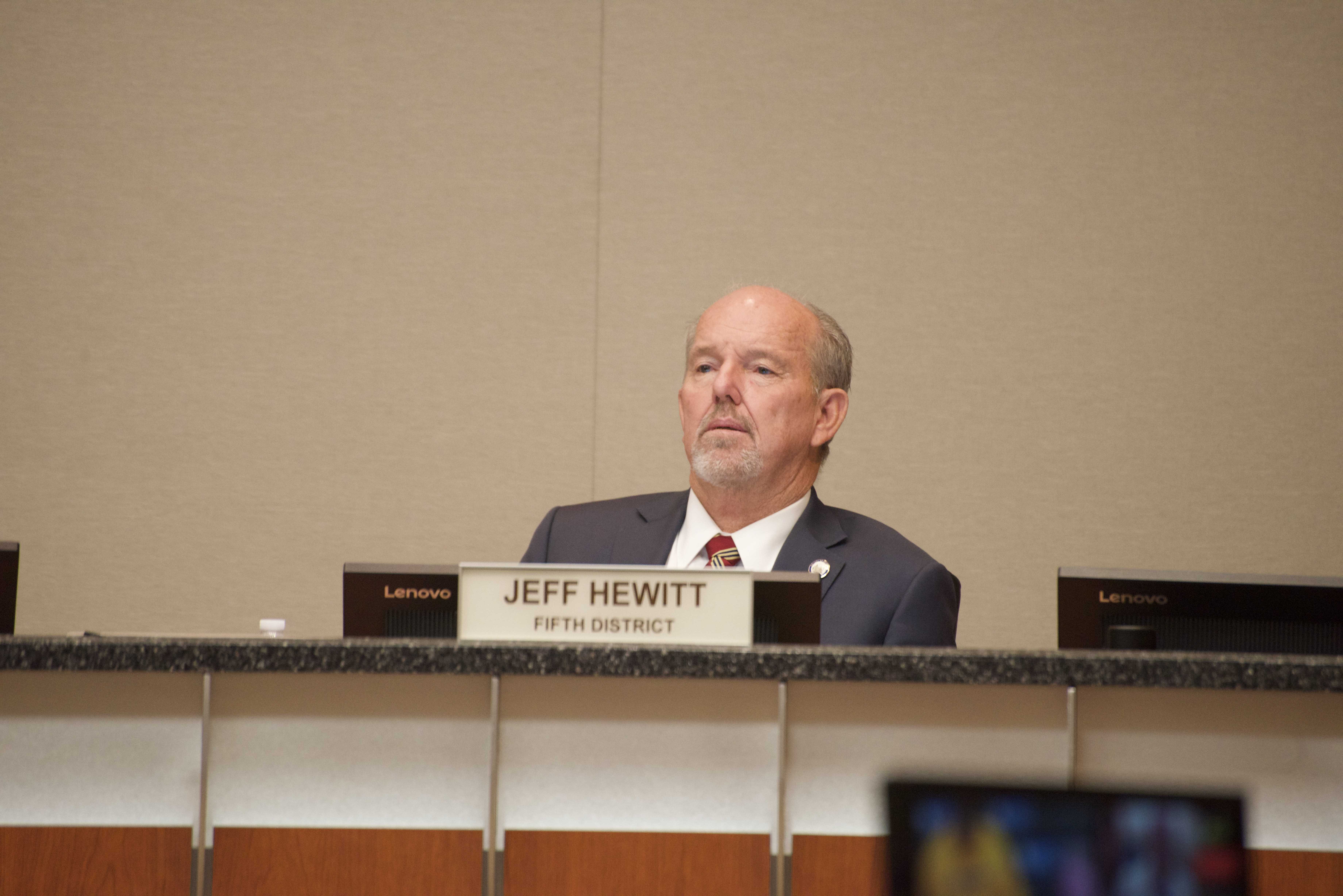
By Cheetara Piry
The Riverside County Board of Supervisors decided to postpone a vote that would bypass California’s state guidelines and proceed to reopen the county’s economy by Nov. 3.
They will revisit the proposal Oct. 6.
“I would love to open everything up tomorrow,” Supervisor Jeff Hewitt said. “But that’s not the way the world works when you have such a diverse society where so many people have fears and so many people have lost everything going through all of this stuff.”
The plan, which was proposed by Hewitt, was put to a halt Sept. 22 despite over 100 public comments in support of reopening.
“There is a false hope of opening and being protected,” Supervisor Karen Spiegel said. “We cannot protect you.”
The state moved Riverside County into the red tier of its Blueprint for a Safer Economy on Sept. 22. This allowed retail stores to function at 50% capacity, museums at 25% capacity, and mall food courts at a reduced capacity.
The phased guidelines proposed by Hewitt mirrors California’s color-coded plan, but would have had Phase 1 beginning Sept. 22.
Hewitt’s Phase 1 proposed to reopen dine-in restaurants,
wineries and breweries, places of worship, non-essential indoor offices, personal care, as well as indoor shopping malls.
Phase 2 would have begun Oct. 13 and would reopen wedding receptions and group meetings and events at either 25% of capacity or 100 persons.
Phase 3 would have opened gyms and fitness centers, movie theaters, and bars by Nov. 3.
Several hours of testimonies replayed the effects of COVID-19 on people’s mental health and the countless small businesses hurt by the shutdown. Many called Gov. Gavin Newsom a “totalitarian.”
Scott Robertson, a small business owner, has owned a sports bar in Menifee for 50 years with his wife and has been threatened to shut down completely.
Warnie Enoch, former Murrieta City Councilmember, said he got back into politics because of COVID-19 and its effects.
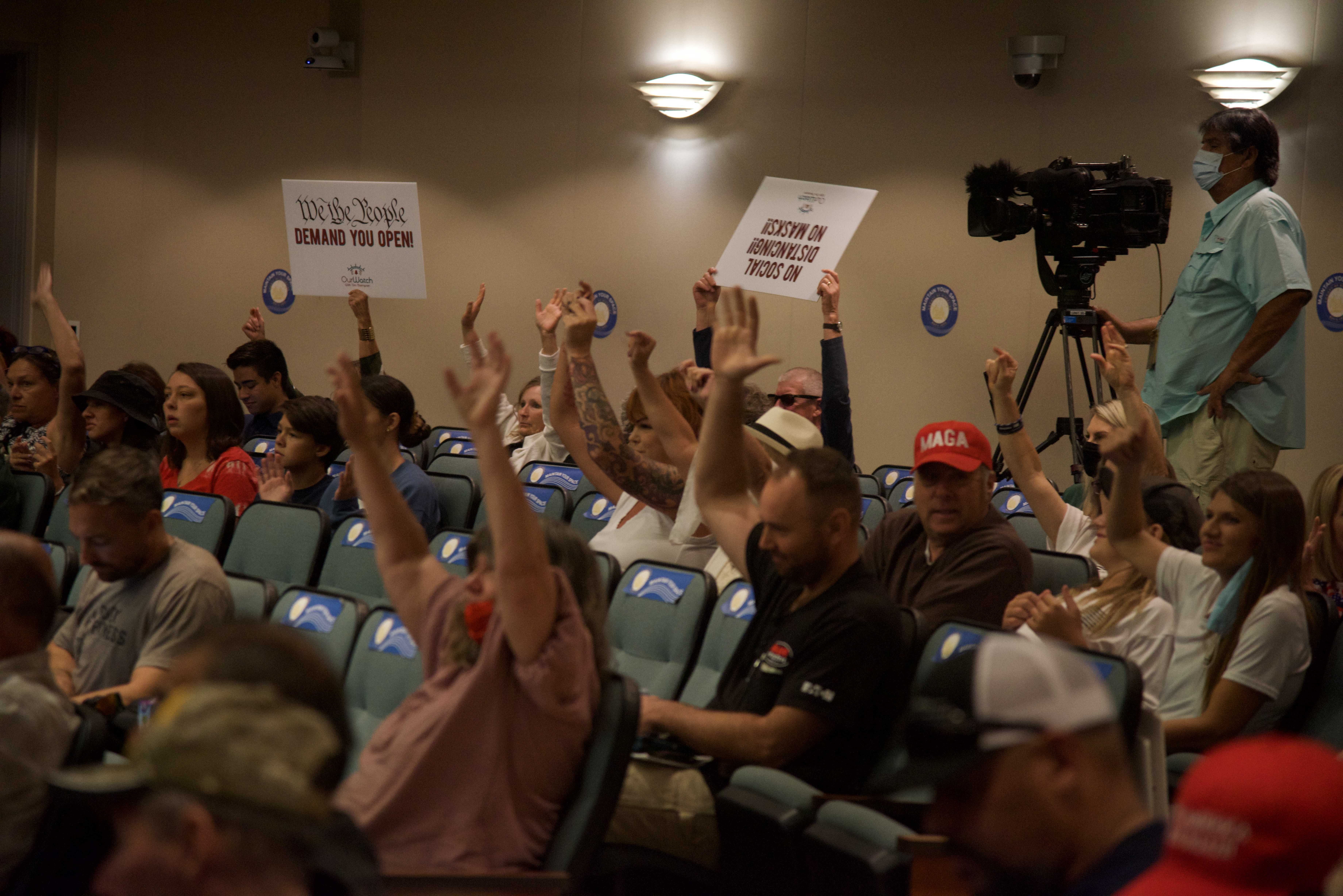
“I think we’ve had enough of this stuff,” Enoch said. “My two sons have businesses and have had to pretty much close down. Home Depot, Lowes, Walmart is doing great. It’s the small businesses that are hurt. I can’t believe you guys let it go on this long.”
Only a few attested in opposition to Hewitt’s proposal.
Dolores Green, CEO of the Riverside County Medical Association, called in and stressed the need to remain vigilant.
“We prematurely took the step earlier this summer to reopen the economy which ultimately resulted in a surge having to re-shut down in two short weeks,” Green said.
Elizabeth Madson, who has been unemployed for six months due to COVID-19, urged the board to reject the attempt to reopen so quickly.
“I desperately want and need to return to work, but not at the expense of other people’s lives and long term health,” Madson said.
Board members warned the public that the state could penalize small businesses that reopen without authorization.
“We cannot stop the state investigators and state licensing boards from coming and yanking away your business licenses from you,” Supervisor Kevin Jeffries said.
Disobedience to the state in the attempt to reopen businesses prematurely could result in state issued licenses, such as Alcohol and Beverage licenses, being pulled and businesses being shut down.
The board debated whether or not losing state funding and services would be worth the risk.
“When we make a decision to pursue a certain path, it could have a very significant cost and impact for this county,” Jeffries said. “And I’m ok with that as long as we know what we’re in for and what services we’re going to have to cut. What programs will be eliminated when we lose $20 million, $60 million (or) whatever the number is.”
George A. Johnson, Riverside County CEO, has calculated that upwards of $656 million will be at risk if the county is not in alignment with the state. This includes a $56 million grant from the CARES Act.
Spiegel also noted that all veterans affairs are 100% state funded.
Supervisors Chuck Washington and Victor M. Perez opposed the plan due to the worry that Hewitt’s proposal would actually result in backtracking. They said they are content with the speed Riverside County is reopening at as it moves into the red tier.
“Our neighbors in Orange County were able to move on to the next tier with compliance to the state guidelines,” Perez said. “What’s at risk here is state revenues up to $700 million. I prefer that we stay the course.”
The goal is to finalize the language, clarify which businesses are in which phases, and identify possible financial cuts to social services.
“We’re darned if we do and darned if we don’t,” Perez said.

